Breastfeeding offers several health advantages to the mother and the child, making it a lovely and vital parenting time. Moms should maintain a balanced diet while nursing to sustain their health and provide the best nutrition possible for their infant through breast milk. But while some meals may improve nursing, others may pose problems. Here is a list of foods to consume and foods to avoid when nursing.
Other Topics You Might Like
Helpful Products You Might Like
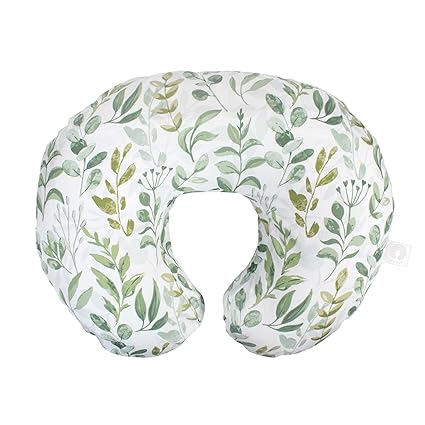
Boppy Nursing Pillow Original Support for Bottle and Breastfeeding
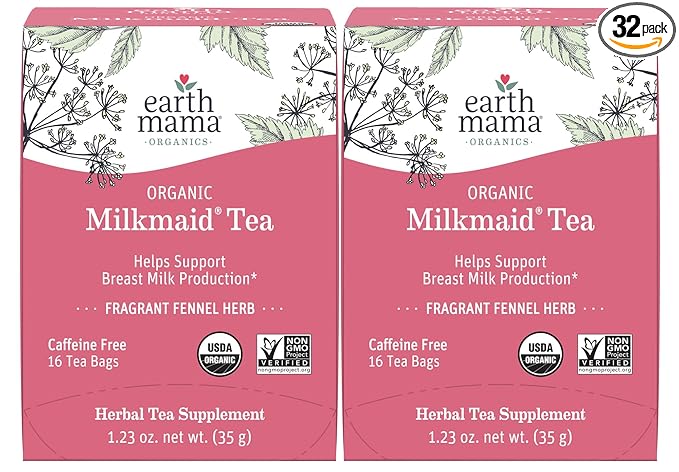
Earth Mama Organic Milkmaid Tea Tea Bags for Breastfeeding

Willow Wearable Double Electric Breast Pump
"(Paid Links)" 
What to eat while breastfeeding
Foods High in Protein
Protein is essential for the development of the infant as well as the mother's recuperation. The amino acids required for milk production and quality can be obtained by including lean proteins such chicken, turkey, fish, eggs, beans, and lentils. To promote general health, nursing moms should try to include different protein sources in their diet.
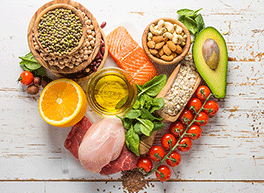
Whole Grains
Complex carbs and fibre are abundant in whole grains such as quinoa, brown rice, muesli and whole wheat. These foods help keep blood sugar levels balanced and give working mothers long-lasting energy. Additionally, they provide vital-vitamins and minerals that can help with lactation.
Vegetables with Leafy Greens

Folate, calcium, iron, and fibre are all abundant in leafy-green vegetables like spinach, kale, and broccoli. Both the mother's health and the development of the child depend on these nutrients. Other vibrant veggies, such as bell peppers, sweet potatoes, and carrots, include vitamins A and C as well as antioxidants that support health.
Good Fats
Breast milk production requires healthy fats, such as those in avocados, almonds, seeds, and fatty fish (salmon, sardines, etc.). The development of the baby's brain depends largely on omega-3 fatty acids, notably those found in fatty fish. By including these fats in your diet, you can support your child's healthy milk production and give them vital nutrients.
Hydrating Substances
Hydration is important when nursing. The body will produce adequate milk if you consume enough fluids. Include fruits and vegetables in your diet and make it a point to drink water throughout the day. To help promote lactation, herbal teas like blessed thistle or fenugreek are frequently suggested; however, before taking any herbal supplements, make sure to with your doctor.
Foods to avoid during breastfeeding
Coffee-Based Drinks
Although mild doses of caffeine, such as those found in coffee or tea, are usually regarded as harmless, consuming too much of it can cause irritation and disrupt sleep patterns in both the mother and the infant. Try to keep your caffeine consumption to one or two cups per day if you are nursing. Watch out for additional caffeine sources like chocolate, soda, and some prescription drugs.
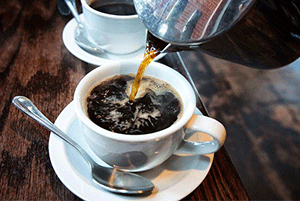
Alcohol
Although occasional alcohol consumption may not present a serious risk, it is advisable to abstain from alcohol while nursing because it can be transferred to the infant through breast milk. If you decide to drink, wait at least two to three hours before nursing, and restrict your consumption to avoid affecting the baby's development or making them tired or irritable.
Sugary and highly processed foods
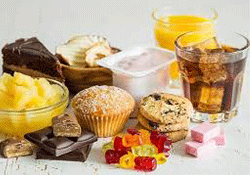
Steer clear of processed foods that are heavy in sugar, bad fats, and artificial additives. In addition to having minimal nutritional value, these foods may have a bad impact on your metabolism, energy levels, and general health. Instead, concentrate on eating complete, natural foods to support your health and the wellness of your unborn child.
Some Fish With Elevated Mercury
High mercury levels in some fish, such as swordfish, king mackerel, shark, and tilefish, may harm a baby's growing neurological system, even though fish is an amazing source of protein and omega-3 fatty acids. Limiting the consumption of these species is crucial; instead, choose lower-mercury fish such as trout, sardines, and salmon.
Dairy Products and Other Foods That Cause Allergies
Some nursing moms may notice that their infant has allergic reactions to certain foods, such as dairy or nuts. Food sensitivities might manifest as gassiness, rashes, or digestive problems. If you think your child might have a food allergy, consult your paediatrician and consider removing any possible allergens from your diet.
